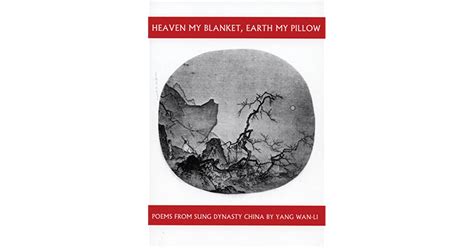A Quote by Thomas Carlyle
There is no heroic poem in the world but is at bottom a biography, the life of a man.
Related Quotes
The subject of the poem usually dictates the rhythm or the rhyme and its form. Sometimes, when you finish the poem and you think the poem is finished, the poem says, "You're not finished with me yet," and you have to go back and revise, and you may have another poem altogether. It has its own life to live.
Without the heroic, man has no meaning; without the economic, he has no sense. Economic man is most likely to be economic woman - a good wife, pulling the coat tails of her heroic husband, checking his extravagances of speech and action with words of caution and good sense. But without the heroic coat tails to pull, life for both of them would be dull and savorless indeed.
Biography always has fulfiled this role. Robinson Crusoe is a biography, as is Tom Jones. You can go through the whole range of the novel, and you will find it is biography. The only difference between one example and the other is that sometimes it's a partial biography and sometimes it's a total biography. Clarissa, for example, is a partial biography of Clarissa and a partial biography of Lovelace. In other words, it doesn't follow Lovelace from when he is in the cradle, though it takes him to the grave.
I hope any poem I've ever written could stand on its own and not need to be a part of biography, critical theory or cultural studies. I don't want to give a poetry reading and have to provide the story behind the poem in order for it to make sense to an audience. I certainly don't want the poem to require a critical intermediary - a "spokescritic." I want my poems to be independently meaningful moments of power for a good reader. And that's the expectation I initially bring to other poets' writing.
I keep feeling that there isn't one poem being written by any one of us - or a book or anything like that. The whole life of us writers, the whole product I guess I mean, is the one long poem - a community effort if you will. It's all the same poem. It doesn't belong to any one writer - it's God's poem perhaps. Or God's people's poem.





































